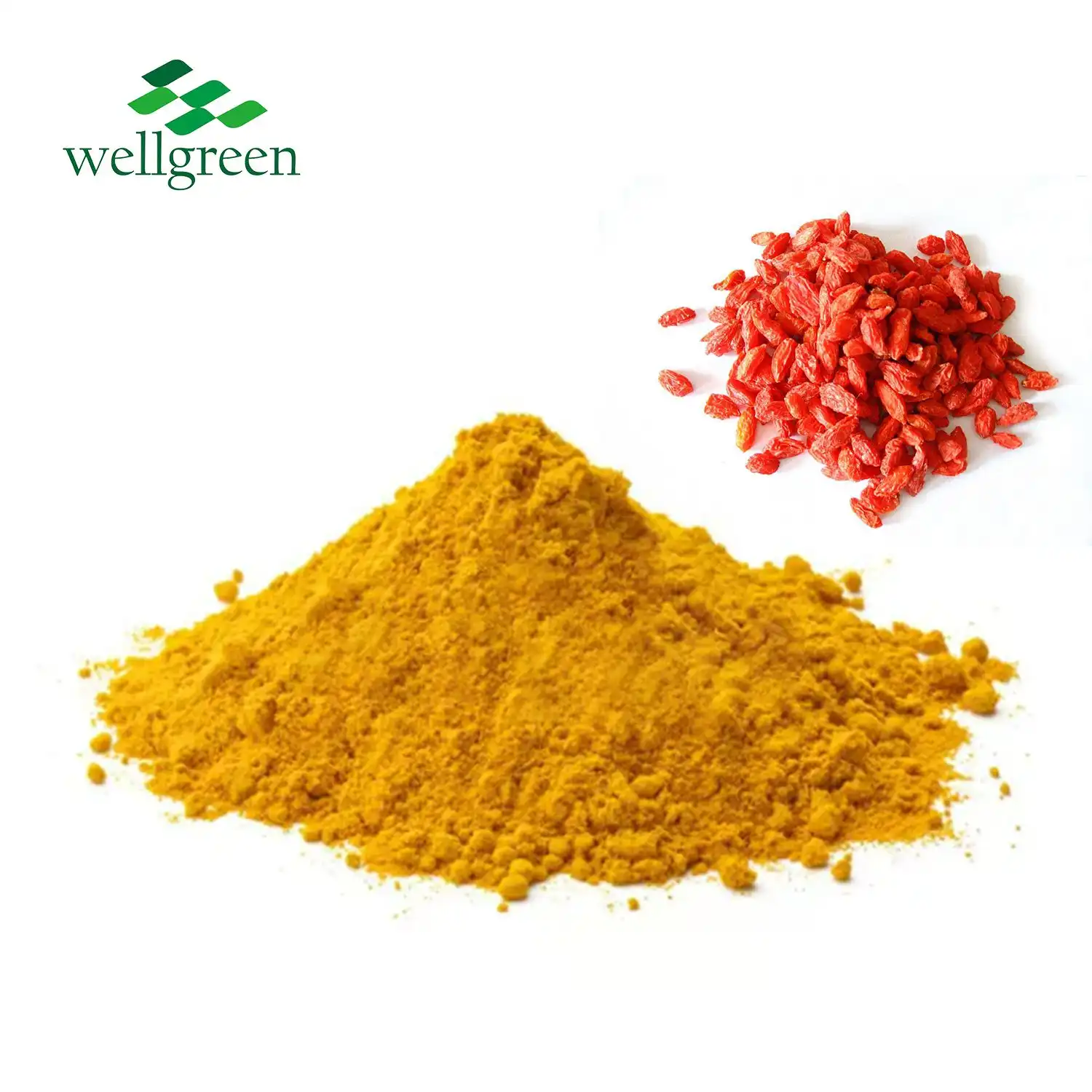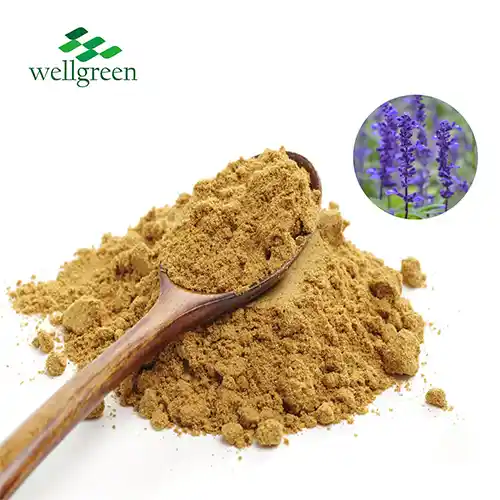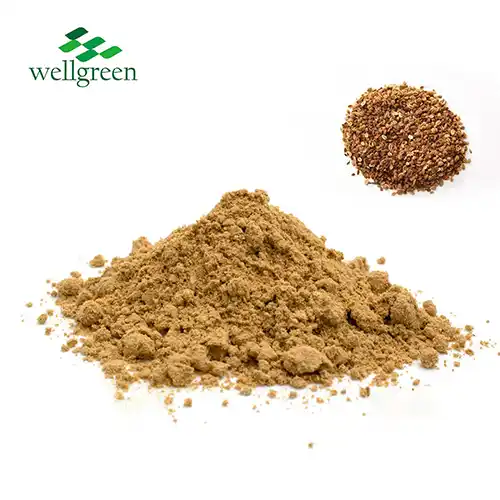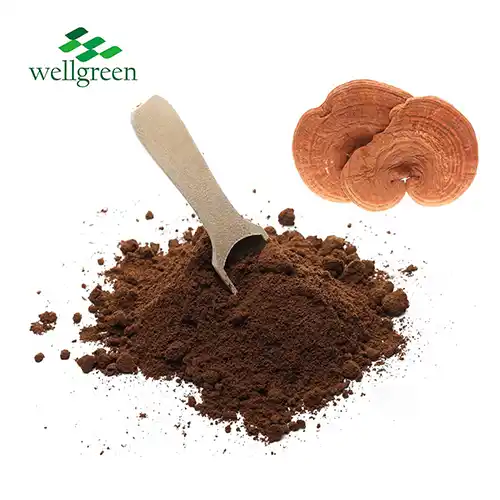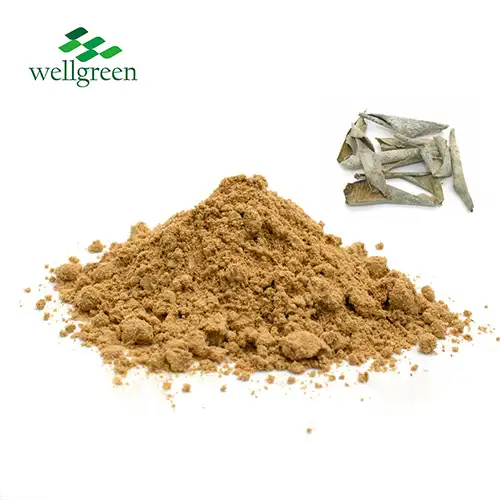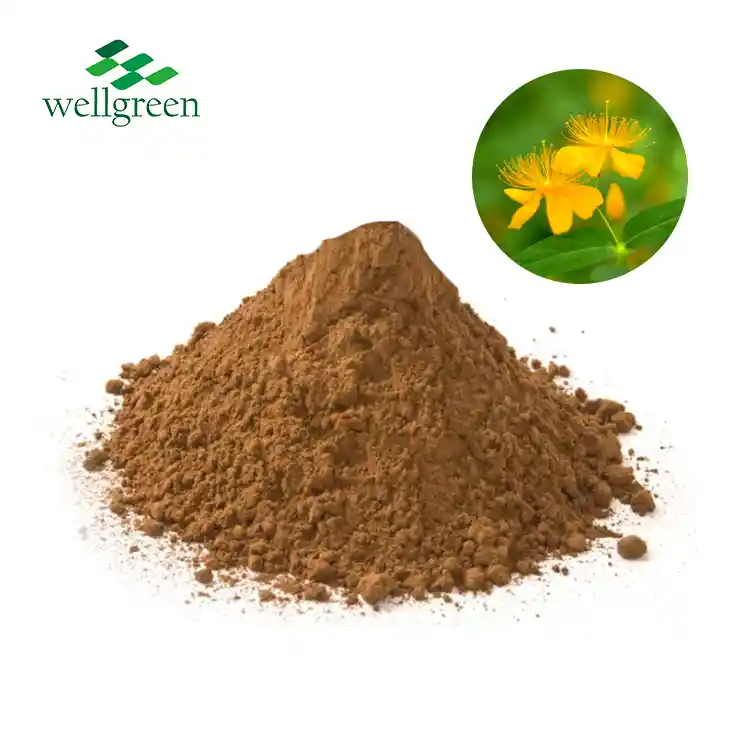What is Morinda Citrifolia Used For?
2024-01-30 10:22:59
Morinda citrifolia, commonly known as noni, is a tropical evergreen tree belonging to the coffee family Rubiaceae. Native to Southeast Asia, Australia, and the Pacific Islands, morinda officinalis extract has gained global recognition for its traditional uses and potential health benefits. The plant is characterized by its distinctive oblong fruit, and various parts of the noni plant, including the fruit, leaves, and roots, have been employed in traditional medicine systems for centuries.
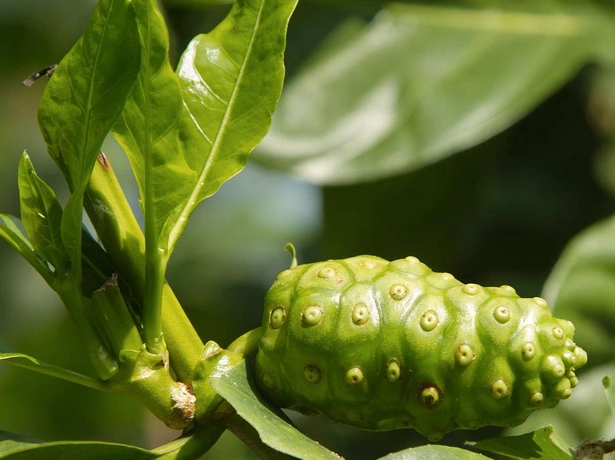 Botanical Characteristics:
Botanical Characteristics:
Morinda citrifolia is a small to medium-sized tree that typically reaches heights of 3 to 10 meters. It features dark green, elliptical leaves and produces distinctive, knobby, and pockmarked fruit that turns yellow or white when ripe. The fruit has a pungent odor and a bitter taste, making it less palatable in its raw form. Despite its strong aroma, various cultures have utilized different parts of the noni plant for medicinal and nutritional purposes.
Historical Uses:
Noni has a rich history of traditional use in Polynesia, Southeast Asia, and the Pacific Islands. The fruit, leaves, bark, and roots of the noni plant were employed by indigenous communities for a wide range of health-related purposes. The traditional uses varied across cultures, with applications including wound healing, immune system support, and relief from digestive issues. Noni was often consumed in the form of teas, poultices, or extracts to harness its potential therapeutic properties.
Phytochemical Composition:
Noni is rich in phytochemicals, including alkaloids, iridoids, flavonoids, fatty acids, and vitamins. The primary bioactive compounds responsible for many of its potential health benefits include scopoletin, damnacanthal, and quinones. These compounds exhibit antioxidant, anti-inflammatory, and immune-modulating properties, contributing to noni's reputation as a medicinal plant.
Morinda citrifolia, or noni, stands out as a plant with a rich history of traditional uses and a diverse array of potential health benefits. While more research is needed to fully understand and validate these benefits, noni continues to capture the interest of researchers and health enthusiasts alike. Whether consumed as a dietary supplement or applied topically, morinda officinalis extract remains a subject of ongoing exploration for its potential contributions to overall well-being.
What Diseases are Cured by Noni?
Noni, scientifically known as Morinda citrifolia, is a tropical fruit native to Southeast Asia, Australia, and the Polynesian islands. Its healing properties are believed to provide relief and potential cures for numerous diseases. Renowned for its traditional uses in various cultures, noni has gained attention for its potential therapeutic properties. This overview delves into the diseases that are believed to be positively influenced by noni consumption, shedding light on its potential health benefits.
 Some of the diseases that noni is commonly used for include:
Some of the diseases that noni is commonly used for include:
◆ Arthritis: Noni possesses anti-inflammatory properties which can help alleviate joint pain and inflammation associated with arthritis.
◆ Diabetes: Studies have shown that noni may help regulate blood sugar levels, making it beneficial for individuals with diabetes.
◆ High blood pressure: Noni has been used to reduce high blood pressure and maintain cardiovascular health.
◆ Immune system disorders: Noni boosts the immune system and may be effective in treating autoimmune diseases.
◆ Digestive issues: Noni has been used to treat various digestive disorders such as constipation, ulcers, and indigestion.
Noni's traditional uses and emerging scientific research suggest a wide range of potential health benefits. From immune system support to anti-inflammatory and antioxidant effects, noni appears to have a multifaceted impact on health. While the evidence is promising, it is crucial to approach morinda officinalis root extract consumption with a balanced perspective, considering individual health conditions and consulting healthcare professionals for personalized advice.
What Does Noni Do to the Human Body?
Noni is a rich wellspring of fundamental supplements, cell reinforcements, and bioactive mixtures, adding to its potential wellbeing advancing properties. The healthful sythesis of Noni incorporates nutrients (like L-ascorbic acid, niacin, and folate), minerals (like potassium, calcium, and iron), and dietary filaments. Also, Noni contains phytochemicals, including iridoids, flavonoids, and lignans, which are accepted to add to its restorative impacts. Noni is loaded with fundamental nutrients, minerals, and cancer prevention agents that give different advantages to the human body. Some of the ways noni positively affects our health include:
 ● Boosting energy levels: Noni promotes increased energy and endurance, making it a popular choice among athletes.
● Boosting energy levels: Noni promotes increased energy and endurance, making it a popular choice among athletes.
● Improving skin health: The antioxidants in noni help protect the skin from free radicals, reducing signs of aging and promoting a youthful complexion.
● Enhancing the immune system: Noni strengthens the immune system, making it more resistant to infections and diseases.
● Aiding in weight loss: Noni may assist in weight loss by improving metabolism and reducing fat buildup.
● Supporting overall well-being: Noni has been used to improve overall well-being, reducing stress and promoting better sleep quality.
The benefits of morinda officinalis root extract that have been reported include antioxidant and anti-inflammatory effects, potential support for the immune system, and cardiovascular health. While numerous traditional uses and anecdotal reports highlight its positive effects on health, more in-depth scientific research is needed to draw firm conclusions about Noni's therapeutic properties.
Similarly as with any dietary enhancement or normal cure, people ought to talk with medical services experts prior to integrating Noni into their everyday practice, particularly on the off chance that they have previous ailments or are taking prescriptions. This precaution guarantees a protected and informed way to deal with tackling the likely advantages of Noni for generally speaking wellbeing and health.
Conclusion
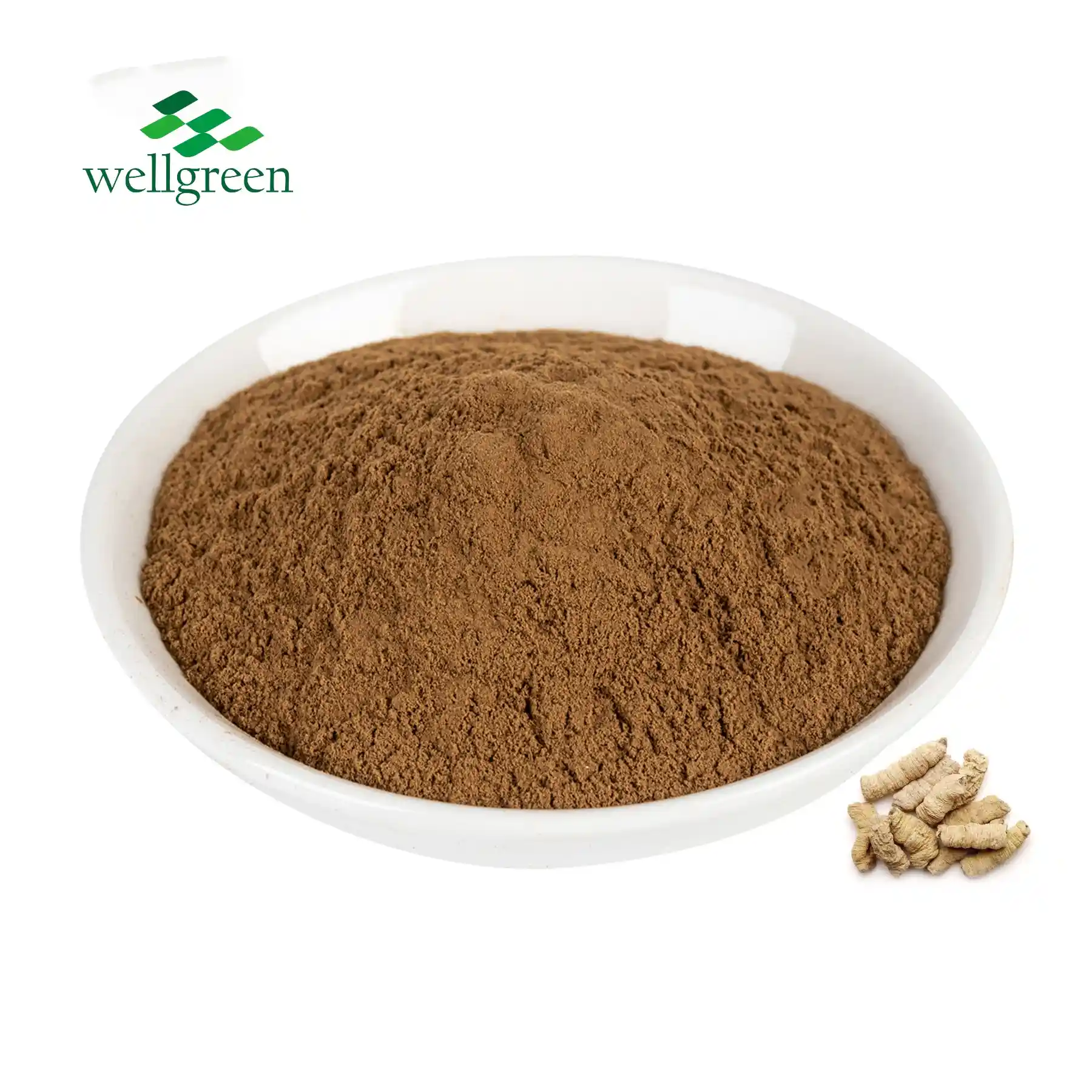 Morinda citrifolia, or noni, is a versatile fruit that has been utilized for its medicinal properties for centuries. Its potential to treat various diseases, boost the immune system, improve skin health, and enhance overall well-being makes it a valuable addition to a healthy lifestyle.
Morinda citrifolia, or noni, is a versatile fruit that has been utilized for its medicinal properties for centuries. Its potential to treat various diseases, boost the immune system, improve skin health, and enhance overall well-being makes it a valuable addition to a healthy lifestyle.
WELLGREEN is an innovation-driven manufacturer of herbal extracts since 2011 certified by ISO9001:2015, ISO22000, HALAL, KOSHER, HACCP, and Organic Certificate. If you need morinda officinalis extract, please contact us immediately, E-mail:wgt@allwellcn.com We can supply customized service as per your request.
References:
1. Wang, M. Y., West, B. J., & Jensen, C. J. (2002). Morinda citrifolia (Noni): a literature review and recent advances in Noni research. Acta Pharmacologica Sinica, 23(12), 1127-1141.
2. Potterat, O. (2013). Antioxidants from the fruit of noni (Morinda citrifolia) - An ancient Polynesian healing remedy. Phytochemistry Reviews, 12(1), 451-464.

